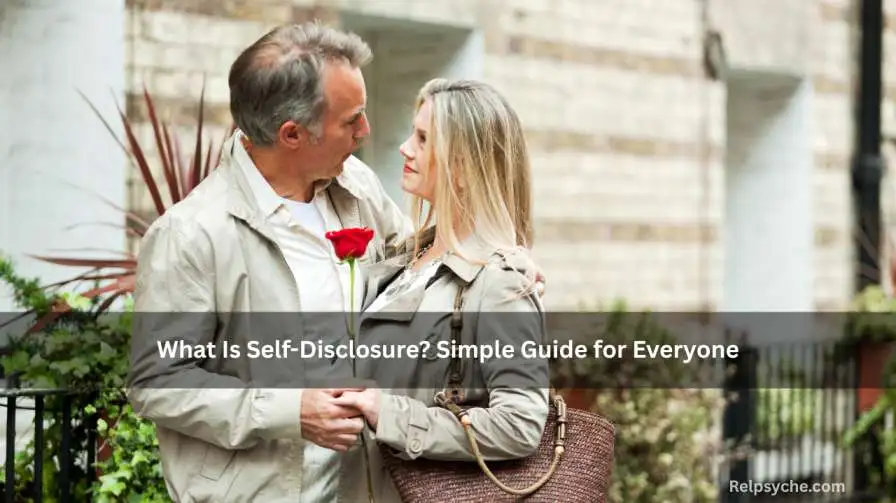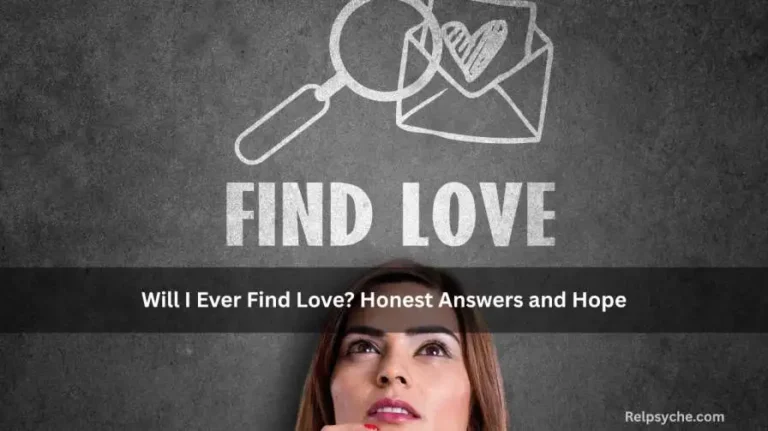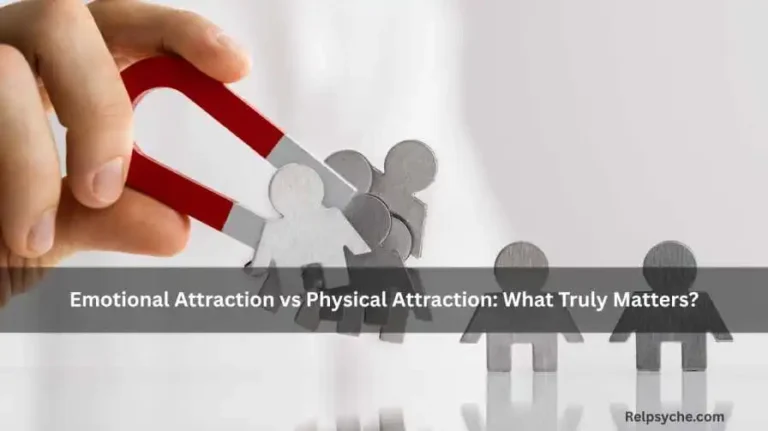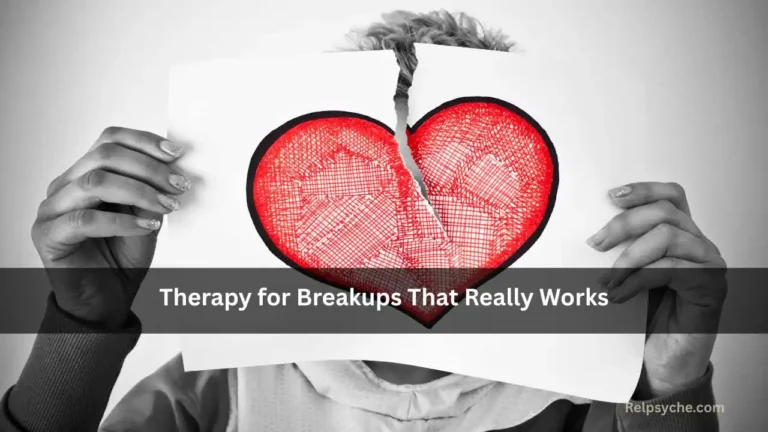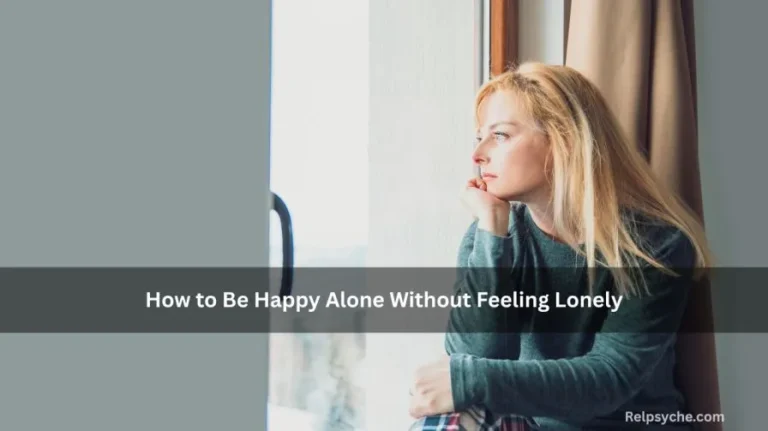What Is Self-Disclosure? Simple Guide for Everyone
What Is Self-Disclosure? It means telling someone something personal about yourself. This could be about your feelings, thoughts, or past. People do this when they feel safe or want to be closer to someone. It is a way to build trust and connection in relationships.
In this article, we will talk about what is self-disclosure, how it works, why it matters, and how to use it wisely in everyday life.
Table of Contents
Why Do People Self-Disclose?
There are many reasons people choose to share something private. Here are a few:
- To feel closer to someone
- To be honest about feelings
- To build strong relationships
- To feel understood
- To show trust
Self-disclosure is a tool people use to make emotional bonds. When you open up, others often open up too.
How Self-Disclosure Helps Relationships
If you wonder what is self-disclosure doing in relationships, the answer is: a lot. It helps two people feel safe and connected.
Benefits include:
- Better understanding – You know how the other person feels or thinks.
- Stronger trust – You both feel secure in sharing.
- Emotional closeness – The relationship feels more real and deep.
When done right, self-disclosure can turn strangers into close friends.
Everyday Examples of Self-Disclosure
Here are some common examples:
- Telling a friend you are afraid of the dark
- Sharing with a teacher that you feel nervous in class
- Saying to your partner, “I feel sad today”
- Talking about your childhood with someone you trust
All of these are ways people use self-disclosure to share their true self.
Types of Self-Disclosure
Understanding what is self-disclosure also means knowing the types of things people share:
- Emotional – Feelings like fear, joy, or sadness
- Experiential – Past events, good or bad
- Mental – Thoughts, ideas, and beliefs
You don’t have to share everything at once. It’s okay to take your time and share only when you feel ready.
When to Self-Disclose
Not every time is the right time to open up. It’s important to be careful and smart about when and with whom you share.
Best times:
- With someone you trust
- When you feel safe
- In a private setting
- When the other person listens kindly
Times to wait:
- If the person is rude or mean
- If you don’t know them well
- If you feel pressured
- If the person shares your secrets without asking
Knowing what is self-disclosure also means knowing when not to use it.
How to Practice Safe Self-Disclosure
Here are some tips:
- Start small – You don’t have to share deep things right away
- Watch reactions – See how the other person responds
- Share when it feels right – Don’t rush
- Don’t overshare – Too much too soon can be risky
- Respect yourself – Only share what you’re okay talking about
Healthy self-disclosure means using good judgment and trusting your gut.
What Is Self-Disclosure in Daily Life?
You probably use it more than you think. Here’s how self-disclosure shows up:
- In friendships (telling secrets)
- In families (sharing feelings)
- In school (asking for help)
- In romantic relationships (talking about dreams or fears)
All of these are ways you show who you really are. That’s what makes relationships feel true.
Can Self-Disclosure Be a Bad Thing?
It can be, if used the wrong way. Here’s when it might cause problems:
- If the person is not trustworthy
- If you share too soon
- If you feel regret after sharing
- If it makes the other person feel uncomfortable
Always think before you speak. Self-disclosure should make you feel better, not worse.

Conclusion
Now that you know what is self-disclosure, you can use it to grow closer to others. It means sharing personal thoughts or feelings in a safe and honest way. It can help build trust, love, and understanding in relationships.
But self-disclosure only works when it feels right. You don’t need to share everything with everyone. Start slow, stay true, and always share from the heart.
When you understand what is self-disclosure, you can use it as a powerful way to connect. Being real with others helps you feel seen, heard, and accepted—just as you are.
Ready to take the next step in your personal growth? Explore expert services — from therapy to life coaching — available on Fiverr.
If you want to read more articles similar to What Is Self-Disclosure? Simple Guide for Everyone,You Need to Know we recommend that you enter our Relationships category.
FAQs
1. What is self-disclosure in simple words?
Self-disclosure is when you tell someone something private or personal about yourself, like your feelings, fears, or life story.
2. Why is self-disclosure important?
It helps people trust each other, grow closer, and understand one another better. It builds strong and honest relationships.
3. How do I know if someone is safe to share with?
Look for signs like kindness, good listening, and respect. If they keep your secrets and care about you, they may be safe.
4. Can I self-disclose too much?
Yes. Sharing too much too soon can be risky. Always think before sharing. If it feels too fast or unsafe, it’s okay to wait.
5. When should I use self-disclosure?
Use it when you feel safe and ready. Don’t share because someone forces you. Only share what feels right to you.
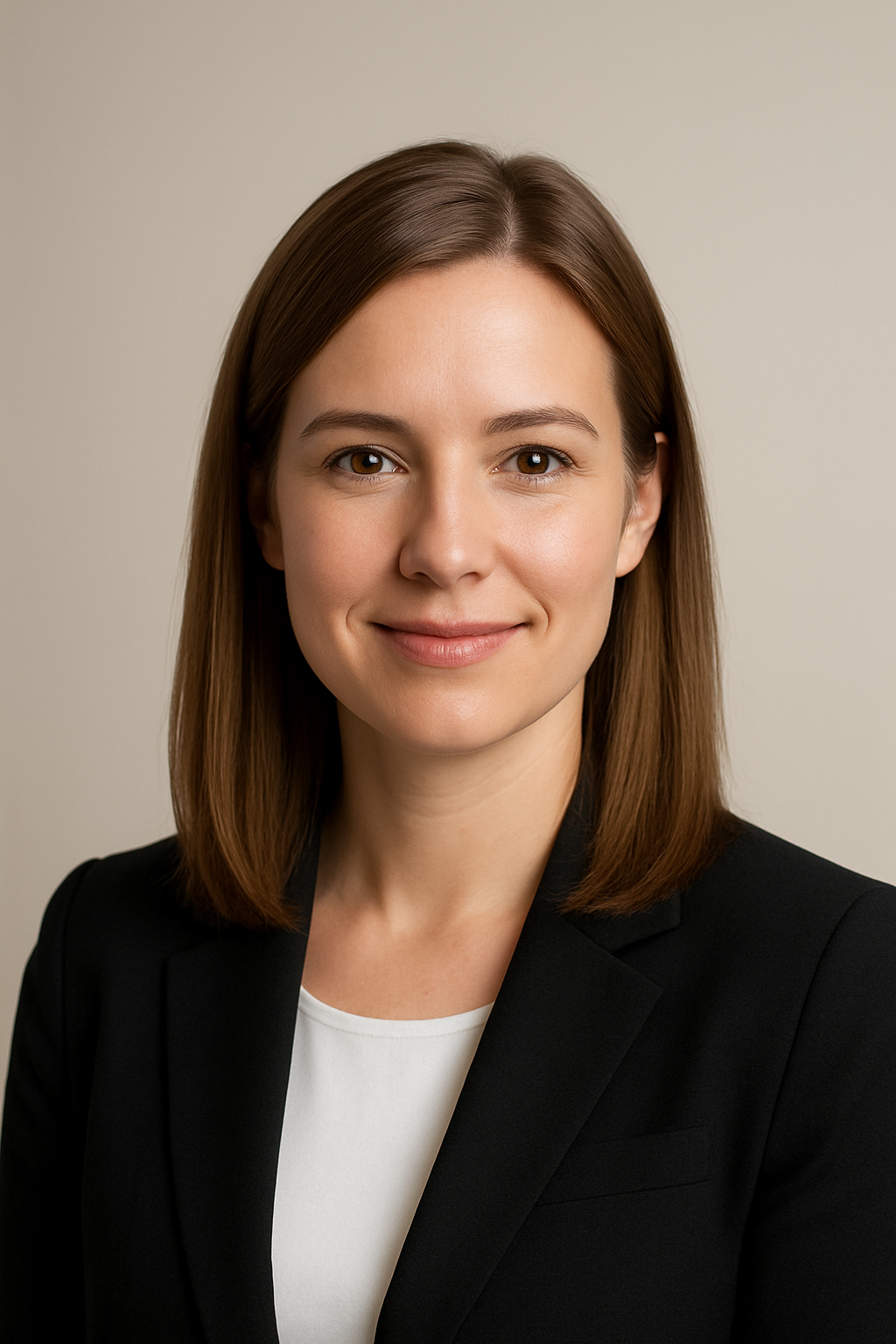
I’m Emma Johnson, a psychologist who loves to write and share ideas.
I enjoy making psychology simple so everyone can understand and use it in daily life.
If you’d like to talk, ask questions, or work together, feel free to reach out.
Let’s learn and grow in the world of psychology together!

